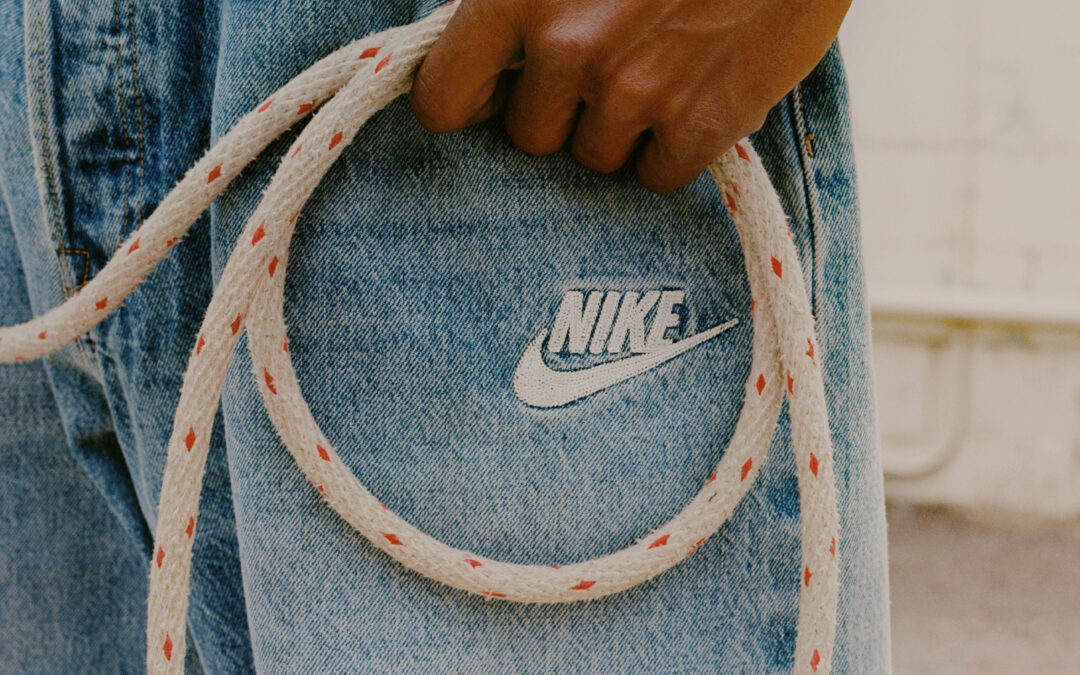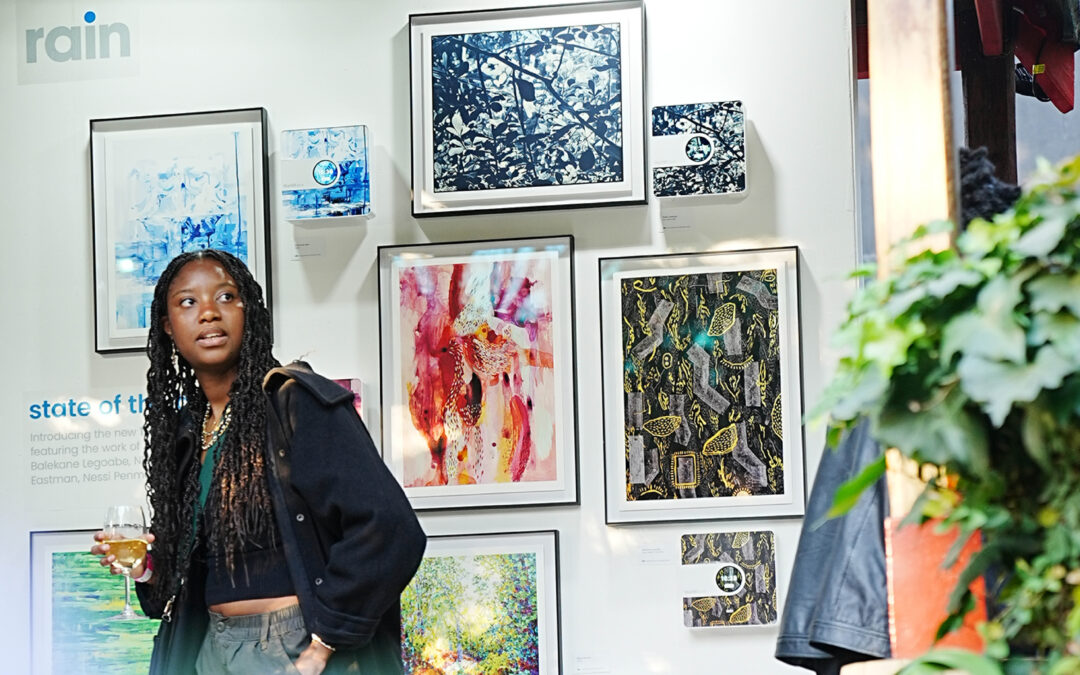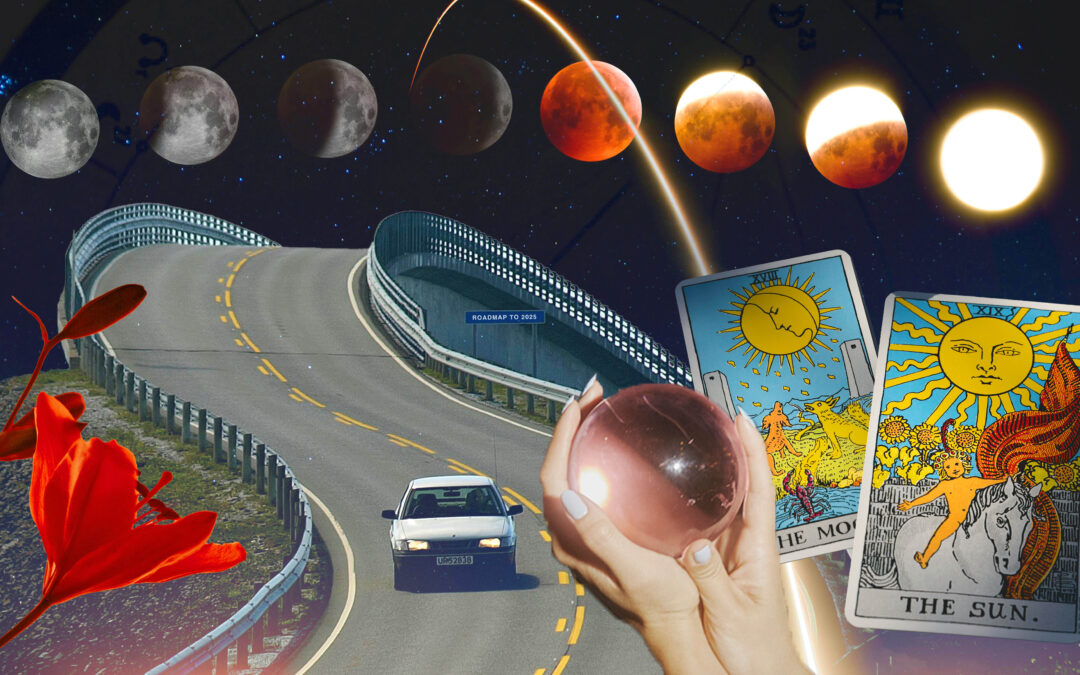As the time for summer seltzers, sticky sunblock, and sand-covered toes rudely comes to an all too abrupt end, and mornings grow nothing but colder, darker and downright more inhospitable anywhere outside of the warm embrace of our duvets – we’re spending more time inside, more time in pyjamas (nothing wrong with that), but that, unfortunately for many of us, means we have more time to develop feelings of loneliness. So what does any sane, socially adjusted (in the most dystopian of terms) person do? Fix those frigid fingers on your phone and swipe away, looking for another warm body to brave the big bad winter with. I officially declare cuffing season is open, so let’s all be a bit cautious.
Now I thought the term quite colloquial, but it came to my attention that it may not be as idiomatic as I thought, so here’s a little breakdown. Cuffing season refers to “a period of time where single people begin looking for short-term partnerships to pass the colder months of the year. Cuffing season usually begins.” A couple of things to take stock of. That definition was from the Merriam-Webster dictionary, and I always find it slightly amusing when archaic institutes tackle contemporary slang, great linguists of the past must be rolling in their graves. Secondly and more importantly, due to the very American origin of the dictionary, the timeframe for cuffing season varies. I have to hand it to Northern Hemisphere ‘cuffers’ who seem to hit some major milestones in their situationships; the Christmas break, family responsibilities, getting inebriated beyond belief on New Year’s all in time for the guy to royally fuck it up, scrambling for a tasteless and frankly shit bracelet outside Pandora just before Valentine’s, as illustrated by nearly every Christmas rom-com blockbuster. That’s a lot, and let’s just say that my commitment issues could never. In the South African context, we could probably place the start of the cuffing season around the beginning of autumn, which means all of April and the multitude of public holidays that accompany it. That means more time for those overly romantic weekends away, more cuddling and more time for the end of cuffing season and the start of hot boy/girl summer to hurt all the more. How beautifully toxic of us.
Is there any science behind this, or is it all simply a socially constructed phenomenon that makes us think we can get away with potentially breaking someone’s heart? Well, sex researcher Justin Lehmiller tries to get to the bottom of this. In a 2018 article for Vice, he wrote that although the term seemed to be widely accepted and acknowledged by most of us, the term had not yet made it into academic literature. Although as he mentions, that doesn’t mean the phenomenon doesn’t exist, as researchers have spent years studying seasonal fluctuations in partner-seeking behaviour. A Study in 2013 found that usage of online dating platforms spiked in the winter months, and even our lizard overlords at Meta show statistics that more people change their relationship status to coupled on the platform during the winter months. Relationship counsellor Kim Kromwijk-Lub points to Seasonal Affective Disorder (SAD) as a possible reason we desperately seek companionship during winter, as the shorter, colder days wreak havoc on the circadian rhythm and the production of serotonin in some people.
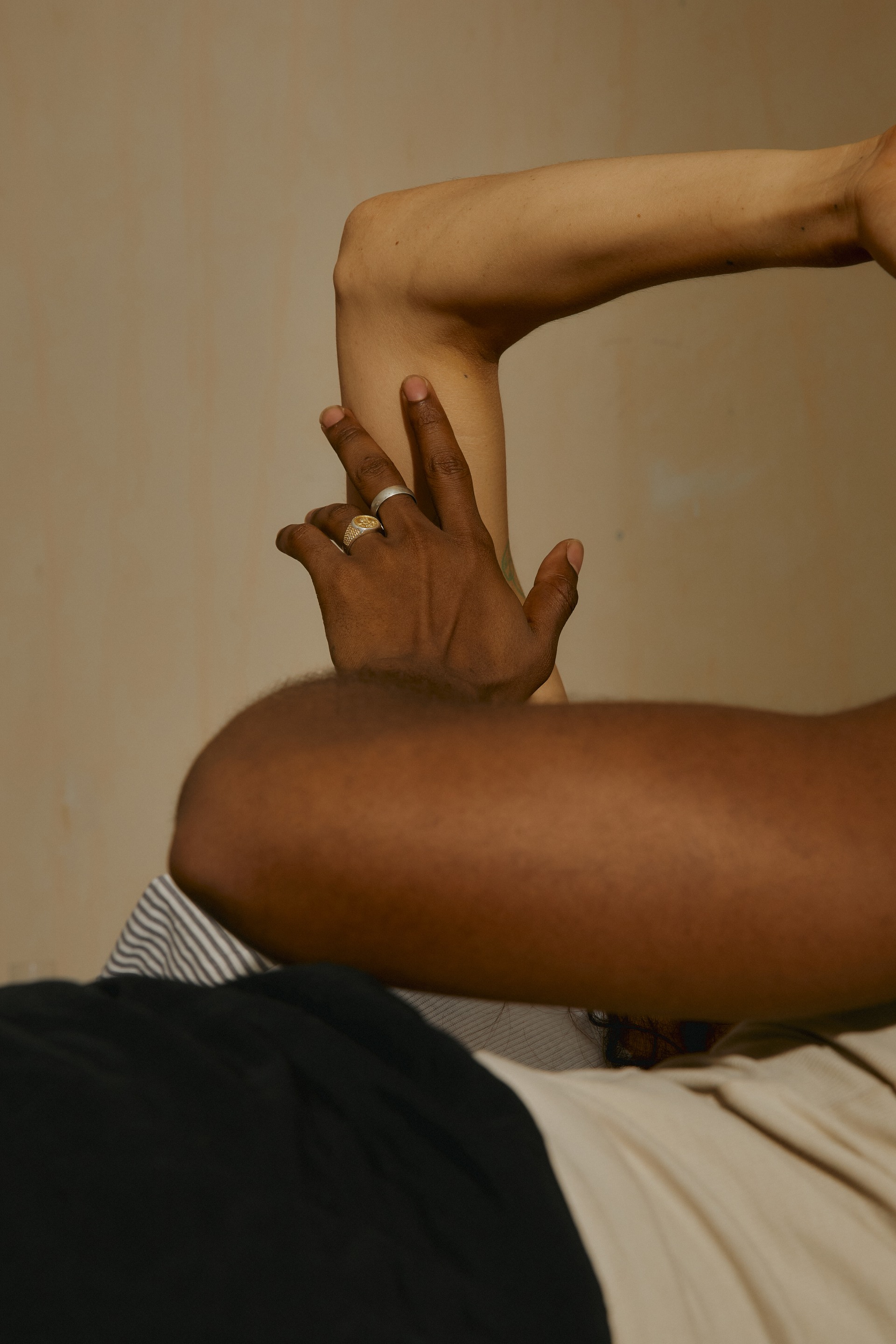
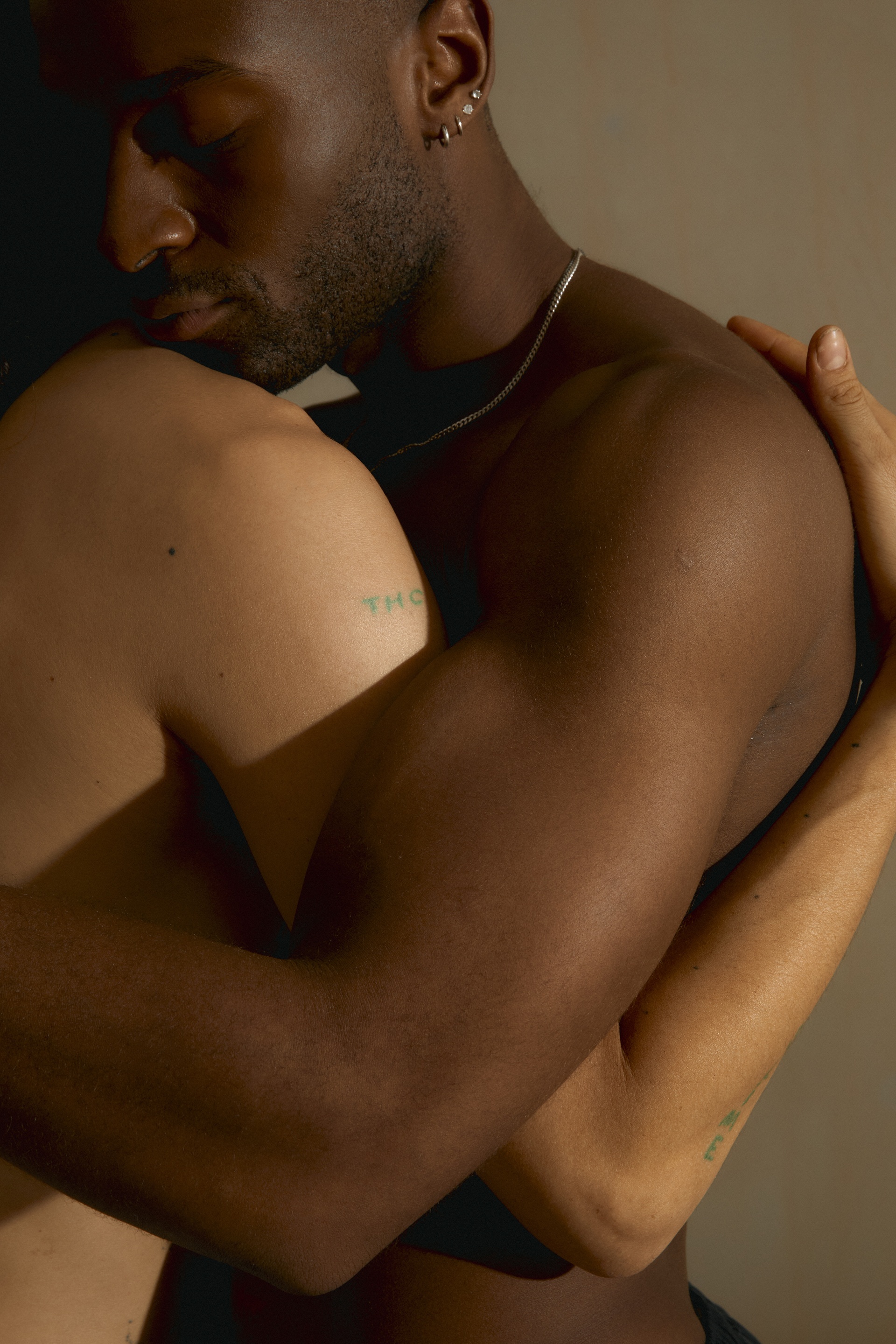
DTS, Daniel-Farò, Intimacy.
Michelle Couto, a Toronto psychotherapist, is a firm defender of cuffing season, stating that we may see cuffing season as our mating period. “There’s no [specific] human mating seasons [like other mammals,] whereas women—we’re fertile all year long. If there was a mating season, you could call it cuffing season—more people are lonely in the colder weather, and more people want to mate consistently.” This is a somewhat simple conjecture, but Lehmiller slightly backs up this statement with his findings, saying ”so while people do seem more interested in sex and love in the winter, it’s not necessarily the case that they’re more interested now than any other season. It seems that people are actually most likely to look for mates in the summer, which tells us that cuffing season occurs more than once annually. These summer and winter peaks in dating interest, however, may very well be driven by different factors, and there’s a fair amount of research to suggest that the winter cuffing season may have more to do with our biology. Some studies have found that testosterone levels fluctuate seasonally in men, peaking in the winter months.” There seem to be many factors driving us towards finding a mate to spend the cold, lonely winter months with, but until the academic evidence is there, I hold off on taking it too seriously. What we should be doing seriously, though, is looking at the possible implications and effects cuffing season may have not only on us but on the partners often left by the wayside.
Often and I mean very often, the scope of the cuffing season relationship is unspoken. As a result, many cuffed couples delay difficult conversations around the nature of their relationship to avoid any conflict that may arise from it. Laura Pitcher wrote for i-D that cuffing season was cancelled, and I kind of agree. I have nothing against hookups, but still, I think we need to look at how we seemingly have determined people in a sexual and dating sense are inherently replaceable, even if this shift happened subconsciously. Gabes Torres, a psychotherapist and artist, thinks we are currently reexamining the culture of searching for temporary love. “Are we looking for love when unconsciously, we’re looking for someone to solely use (rather than have a connection with) in order to get through the colder season?” Gabes asks. She beautifully adds, “Am I also locking myself to the idea that I should be looking for a significant other during such a season? For as long as policing is infused with intimacy, then I don’t see how it can build mutual, accountable connections.”
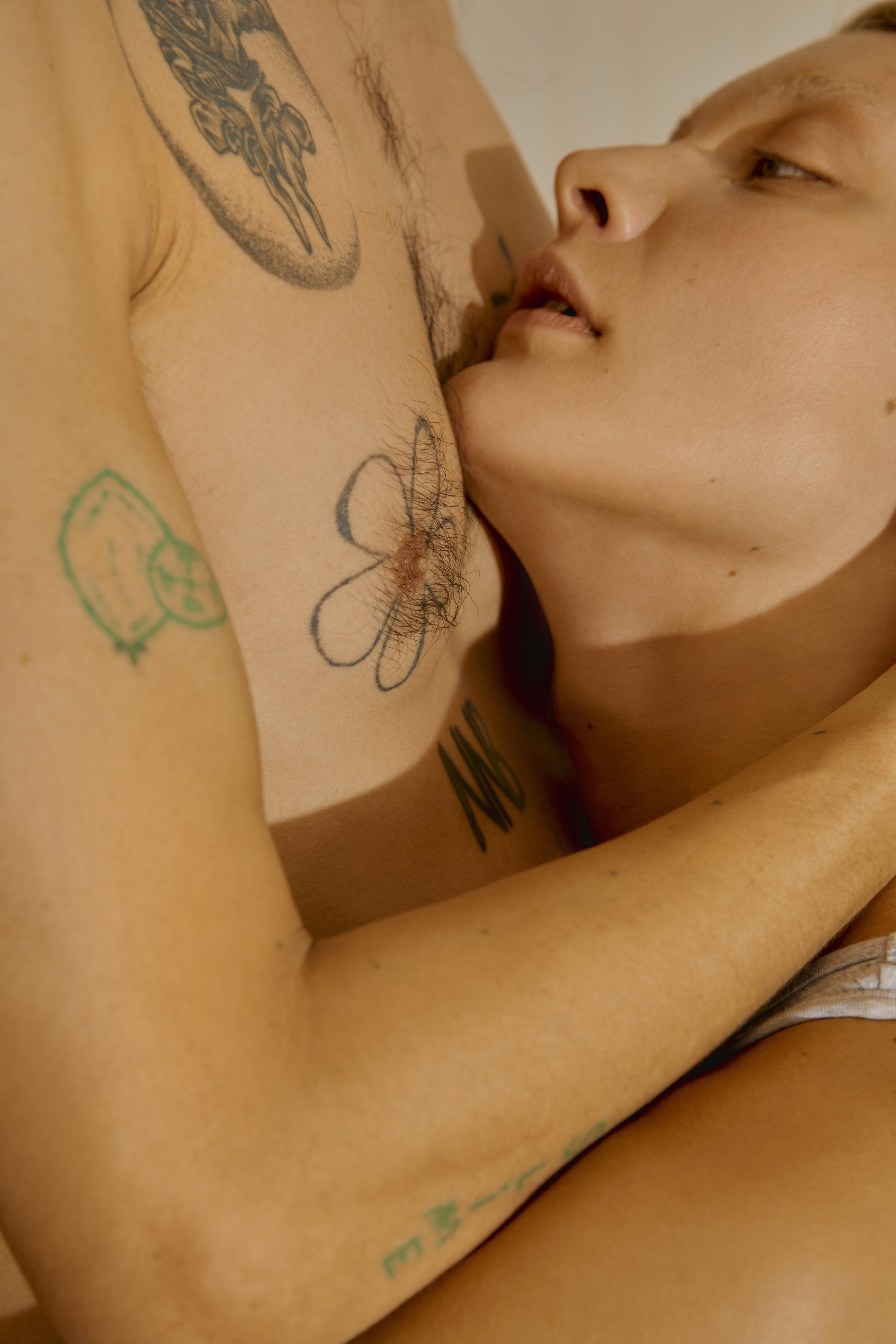

DTS, Daniel-Farò, Intimacy.
I’d like to end with the fact that the term cuffing season isn’t the problem, but rather that, if we’re being honest, most people are terrible at having hard conversations. I’d also go as far to say that most people aren’t very good communicators at all, and the consequences of not clearly communicating your needs, desires and intentions in cuffing season relationships that are often ambiguous can be soul-crushing. You know, that experience when one person thinks the relationship is going to be a long-term thing, and the other is just waiting for the sun to come earlier in the mornings and the festival line-ups start getting released again? That kind of confusion caused by miscommunication is the crux of cuffing season. Pitcher really puts it beautifully, ”Terms like “cuffing season” or “ghosting” aren’t the problem, but rather a reflection of a dating culture that encourages us to view others as disposable, which is further emphasised by unlimited swiping on the apps. With this in mind, it’s less about abandoning specific words than it is about shifting our perspective on modern dating entirely.” So with cuffing season here and it seemingly going nowhere, remember to be kind, be cautious and, for the love of all that is holy: communicate.
Written by: Casey Delport
For more news, visit the Connect Everything Collective homepage www.ceconline.co.za



